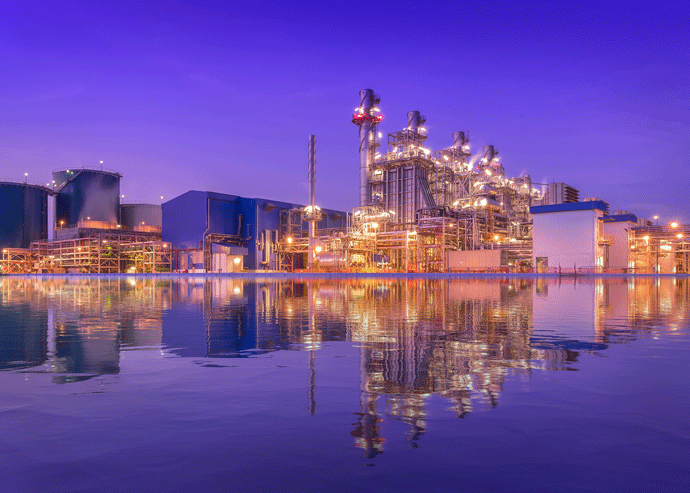
The US firm seeks to quadruple staff in kingdom over six-year period
The US’ General Electric will double quadruple its workforce in Saudi Arabia over the next six years, according to the company’s regional head, as the kingdom stepping up its efforts to boost the number of locals in employment.
“We have committed to double our workforce in three years and double it again in another three years,” says Nabil Habayeb, chief executive officer for Middle East and North Africa.
The company currently employs around 800 staff in the kingdom.
The bulk of the new employees are to be Saudi nationals and Habayeb is unconcerned that the company will be stung by new Saudisation rules.
“The majority of jobs are going to Saudis,” says Habayeb about his company’s hiring policy.
“We are not looking at anything less than 85 per cent over a six-year period.”
Under the new Nitaqat system implemented by the Labour Ministry, companies are categorised into red, green and yellow segments, depending on the proportion of nationals in employment.
Firms that fall into the green category will see visas of their expatriate staff renewed when they run out after six years.
As part of GE’s Saudi expansion plans, the company officially opened a manufacturing and repairs centre in Damman, Saudi Arabia in June. The facility will provide support to customers in the region and manufacture equipment and machine parts for the utilities and oil and gas industries. The company estimates that the $250m investment will create 2,000 direct and indirect jobs. It will also provide technology and managerial courses for 100 students annually.
The Arab uprisings have led to a renewed focus on job creation. Unemployment, especially among the young, is seen as a major contributing factor to behind the popular protests in the region.
Saudi Arabia, the only Gulf country with substantial local population, has in the past invested heavily to provide jobs. The unemployment rate in the kingdom currently stands at 10.5 per cent.
To boost employment, Riyadh has launched several development programmes that have seen the creation of industrial cities throughout the country.
The ninth development plan, approved in August 2010, calls for an investment of $385bn in various sectors ranging from the communication to transport infrastructure.
Business has not been impacted by political upheaval and GE remains committed to the region as ever, according Habayeb.
Arab governments will increase spending on infrastructure in the aftermath of the political unrest that has swept through the region, providing a boost for business, says Habayeb.
Several GCC governments have already announced investment plans in the wake of the popular uprisings that have swept regimes in Egypt and Tunisia from power, caused a civil war in Libya, and has led to a severe crackdown in Bahrain, Syria and Yemen.
“[Governments] have to improve the life of the people, which means building infrastructure, better power, water, transportation systems, creating jobs through industrialisation. All of this is an opportunity,” says Habayeb.
“If there is a change in the leadership or not, the leaders are going to be more accountable, more transparent, more inclusive.”
In March, the Saudi government launched a $67bn spending plan on social housing.
Earlier in the year, the UAE government said it will spend $1.6bn on improving the power supply infrastructure in the country’s north. The northern emirates are without the hydrocarbon wealth of Abu Dhabi, or the commercial success of Dubai, and have the lowest standard of living in the UAE.
GE has an installed capacity of around 1,000 turbines in the Middle East, which account for 40 per cent of produced electricity, the company says. It also sells into the oil and gas, transport and healthcare sectors.
You might also like...

Adnoc Offshore awards Upper Zakum contract
17 April 2024

Oman awards Batinah coastal road contract
17 April 2024

Oman appoints Al Khuwair Downtown project manager
17 April 2024
A MEED Subscription...
Subscribe or upgrade your current MEED.com package to support your strategic planning with the MENA region’s best source of business information. Proceed to our online shop below to find out more about the features in each package.





